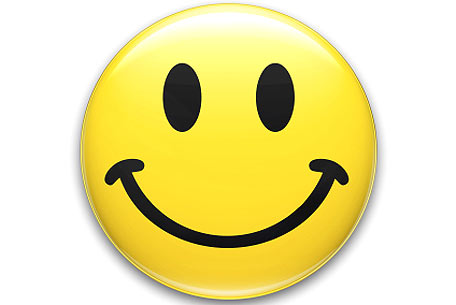
About a year ago, I received questions from a man in my email community. They were good ones, so I devoted part of a seminar to them.
“I want to know how food can create low mood and low energy. I mostly want a methodical way to fix things. I'm also interested to know if your tastes can change over time so that you'll like good foods.
“As someone who has never really had high mood or energy for the better part of 8 years now despite trying many exercise programs, diet is really my last thing to try. It would be nice to have some idea what can happen.”
Overall, low mood or energy is probably the result of how the foods we eat can affect glucose and brain chemistry.
I”™ll simplify (oversimplify) and keep the answer to three basic aspects: glucose, serotonin, and protein.
Food Affects Glucose, Mood and Energy
Some foods can cause large fluctuations in blood glucose. The result can be a pattern of sharp rises in glucose, followed by sharp drops. Some people are highly susceptible to those fluctuations, so they feel good when glucose is up, and crummy when it”™s down.
The most important factor in the glucose drops is not how low, but how fast, it falls.
Those fast glucose drops can bring on a variety of symptoms in susceptible people. Some symptoms may be physical (headaches, low energy), some may be emotional (irritability, depression, mood swings), and some may be mental (confusion, decision-making difficulties). Yet all of them — and many more — may be related to glucose peaks and valleys.
Foods that can trigger big glucose fluctuations are typically junkier carbs, such as cookies, cakes, pastries, white flour breads and other products — or even combinations of starches and saturated fats (potatoes with butter, for example).
Food Affects Brain Chem, Moods and Energy
If someone who”™s carb-sensitive — defined as exaggerated insulin release in response to certain carbs — eats lots of junky carbs, he/she can make lots of serotonin. It”™s linear: big insulin means big serotonin production. We”™ll skip the mechanism because I”™ve covered that in previous posts, and in my book.
We know that serotonin receptors can and do down-regulate — for example, in response to anti-depression meds that target serotonin levels.
Down-regulation is a decrease in the number of receptors plus a decrease in the sensitivity of the ones that remain. The result? Serotonin won”™t work as well.
That”™s why dosages may need to be adjusted over time.
Now, to my knowledge, no one has researched serotonin receptor down-regulation with respect to food.
But ever since I did the research for my dissertation, I”™ve had a theory that such a down-regulation of serotonin receptors might very well occur in carb-sensitive people who eat lots of junky carbs, such as sugar. Call it an educated speculation.
If that”™s the case, it would explain rotten moods resulting from a less-than-optimal diet.
And That Brings Us Back To Protein
Protein in your diet allows you to make the brain chemicals — serotonin is only one — that boost mood and also prevent cravings for junk.
Protein contains the amino acids to make brain chemicals that make us feel alert and mentally energized.
Protein triggers hormones that produce satiety and decrease the desire for carbs. Both can help prevent overeating junky carbs that trigger low energy and low moods. The same hormones can also prevent continuation of a poor diet that may cause those undesirable effects.
I”™ve pushed the benefits of protein many times. No discussion of energy, mood and food would be complete without it.
Eating “good” fats will also help to boost mood, but I vowed to keep this to 3 oversimplified points. So let”™s save fats and mood for another post….
- New Year’s Resolutions: A Sugar Addict’s Survival Guide - April 15, 2024
- Motivation vs. Enthusiasm - October 12, 2023
- Why Exercise Shouldn’t Be Just One Thing - November 9, 2022
